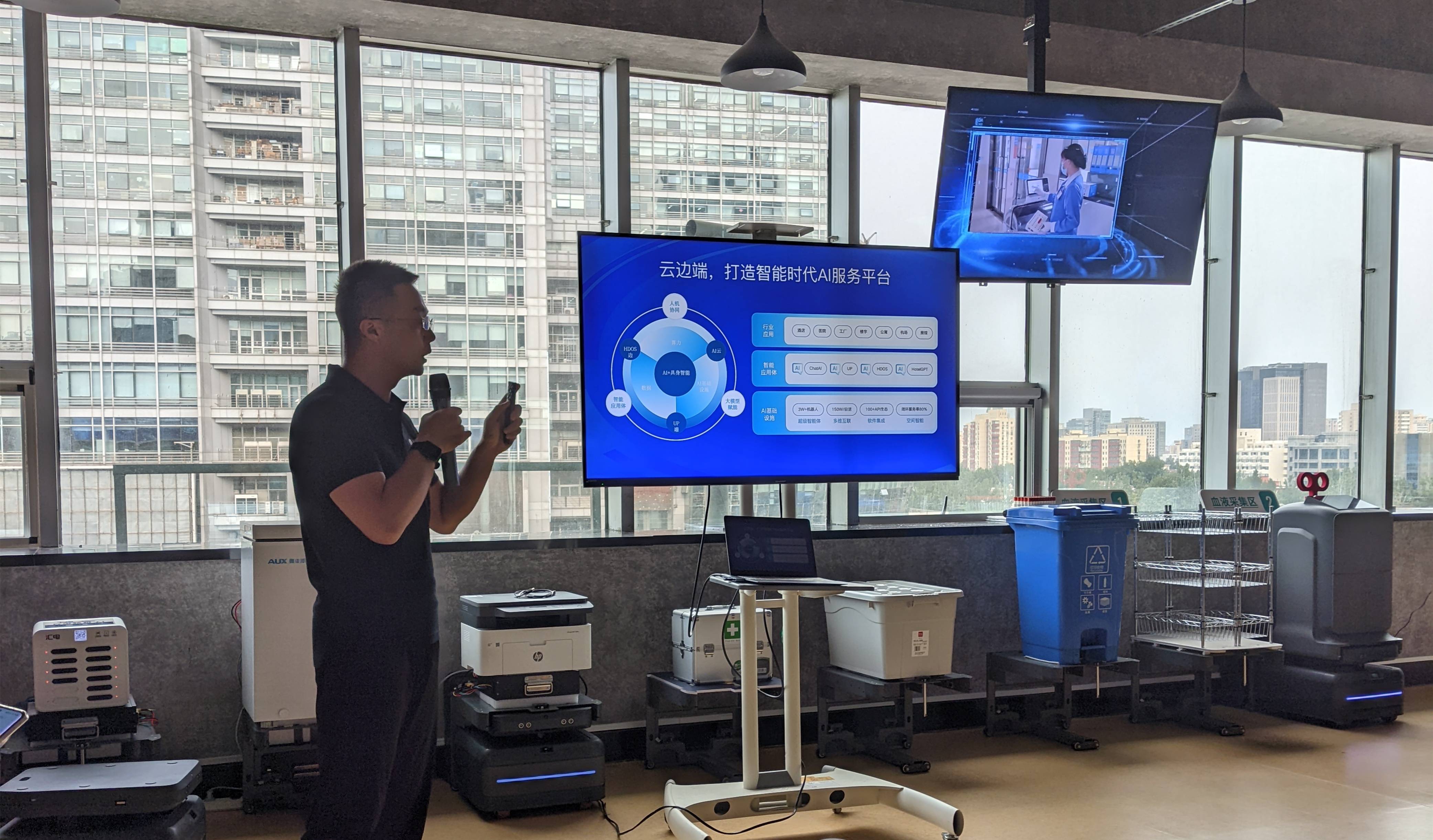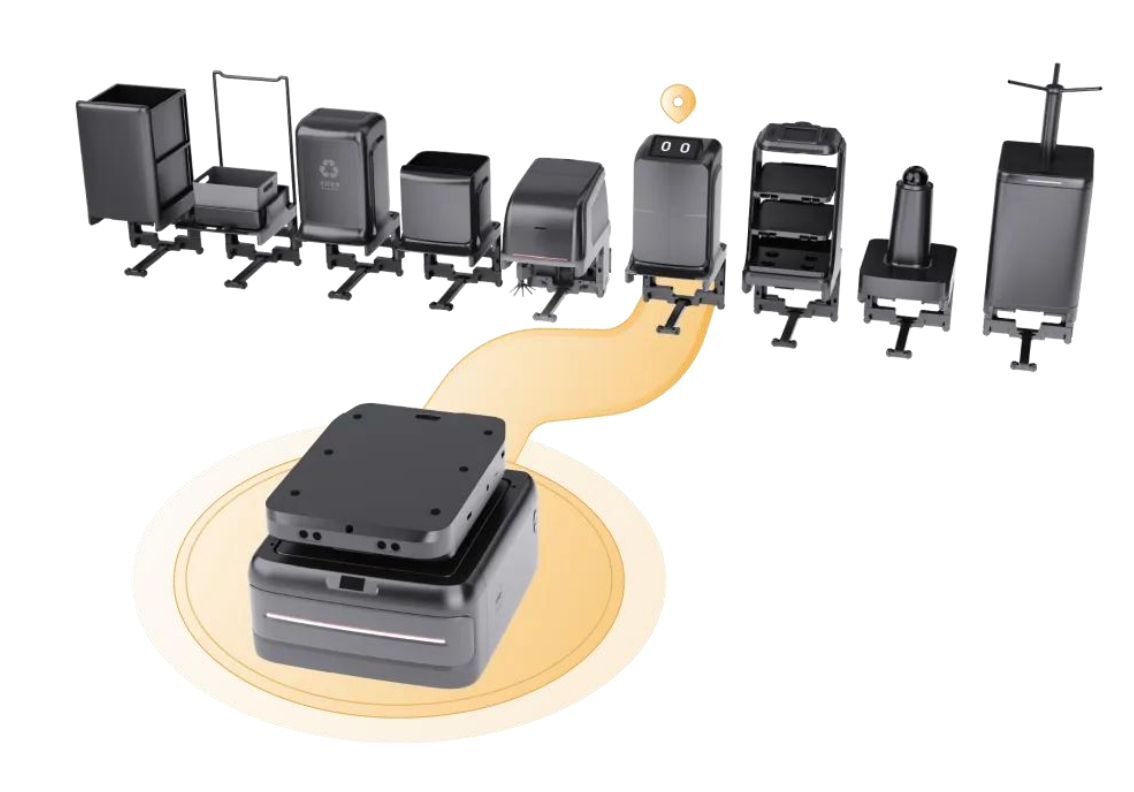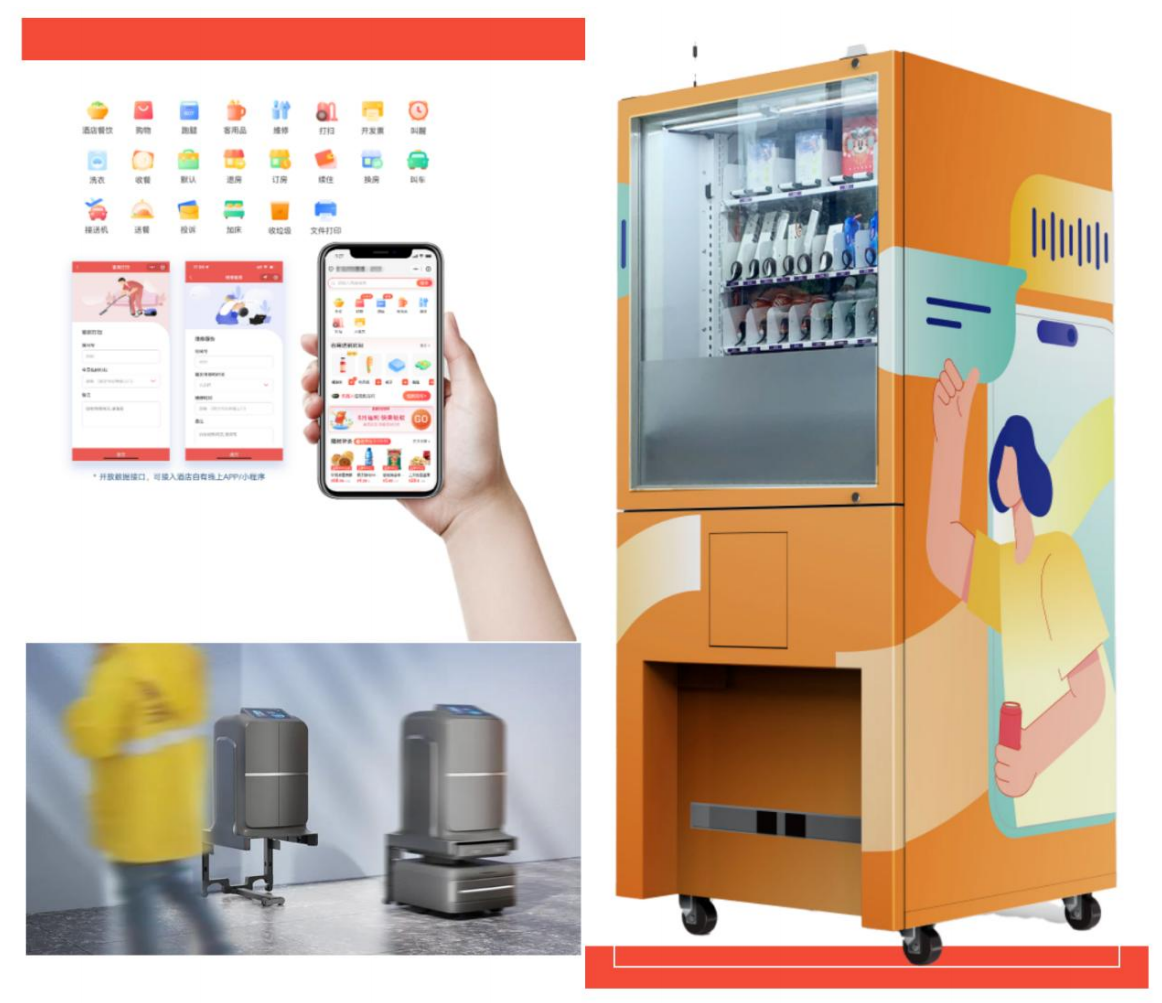
For Yunji Technology, which was the first to lay out the commercial service robot track, it has conquered the market in the hotel industry, making delivery robots a "partner" in our daily lives. While embodied intelligence players are exploring how to find scenarios and how to make products continue to exert value, Yunji Technology has once again explored a new path. "Ideal AI should allow machines to think like humans, products to work like humans, and be combined with specific scenario applications to solve practical problems end-to-end and create value. AI + embodied intelligence evolved Yunji Technology robots have already This has been achieved. One of its core is to enable robots to use tools, understand reasoning, and assign tasks to achieve group intelligence," said Ying Fuchen, CTO of Yunji Technology.


One year has passed, and we have seen that the leaders in the Chinese hotel industry, whether it is Huazhu, Jinjiang, or Home Inn, attach great importance to smart hotels , or foreign-funded high-end stars and state-owned enterprise groups have deployed service robots, the digital transformation of China's hotel industry is undergoing a "renewal" of AI services.
Things that in the past required human-machine cooperation are being gradually completed by robots in a self-closed loop. For example, in the past, in hotel scenes, many tasks such as cleaning, garbage collection, and disinfection were completed by robots and waiters. Now, robots can perform a complete task independently. This progress means more people are freed up to do more valuable things.
This is very different from the first generation service robot. Ying Fuchen introduced: The composite polymorphic robot UP realizes "one machine with multiple functions and time-sharing multiplexing", allowing the robot to do different jobs at all times and across scenarios 24 hours a day. This is based on Yunji Technology's provision for hotels. It is embodied intelligence itself and a complete set of self-closed loop service solutions for robots - HDOS (Hospitality Digital Operation System), which forms a self-closed loop of robot services from perception, cognition, decision-making, execution and feedback.
First of all, on the demand side, smart hardware such as phones, speakers, and TVs are connected to make the information flow processable. On the execution side, robots are used to complete full-time, cross-scenario, and multi-functional action flows, and finally transformed into analyzable and processable service flow (workflow), which realizes a fully closed loop of the AI service life cycle. All intelligent work and results are realized All in calculation, All in AI, scientifically optimizing allocation efficiency, making the management of target scenarios "evidence-based". At present, this solution is very recognized by the hotel group.

In order to allow robots to truly enter daily life and realize scene intelligence where humans and machines coexist harmoniously, Yunji Technology has built embodied intelligence technology on the robot technology architecture pedestal. For example, it is the first to use SLAM technology to realize real-time mapping, location annotation, and automatic testing functions. At the same time, it uses a multi-sensor fusion system based on computer vision to enable robots to accurately identify and understand its operating environment.
Yunji Technology pioneered the robot life management system, which is responsible for not only robot birth detection, job responsibilities, and self-learning, but also self-diagnosis and self-repair. Currently, the number of visual nodes reaches 94.
In addition, Yunji Technology combines two large models of vision and large language to develop multi-modal feature map system "YunMap", "1+N" cabin application system, multi-machine scheduling system, alarm traceback system, and quantitative tracking system implementation End-to-end scenario intelligence under the AI service system.
On the real-time digital screen in the Yunji Technology exhibition area, the reporter saw Yunji robots all over the country, with cursors of various sizes that were constantly beating, indicating the real-time tasks and mileage of the robots. Currently, Yunji Technology has also entered the 2.0 stage of development, allowing robots to work closer to people.
“The future service model will have two capabilities: one is to use existing large models to empower itself, and the other is a spatial intelligence model based on current robot operation data, ultimately forming scene intelligence + embodiment The advantages of smart combination,” Ying Fuchen said.
The above is the detailed content of Why stick to the human form? Yunji Technology is betting on the composite polymorphic robot 'UP': Let embodied intelligence enter people's lives. For more information, please follow other related articles on the PHP Chinese website!




